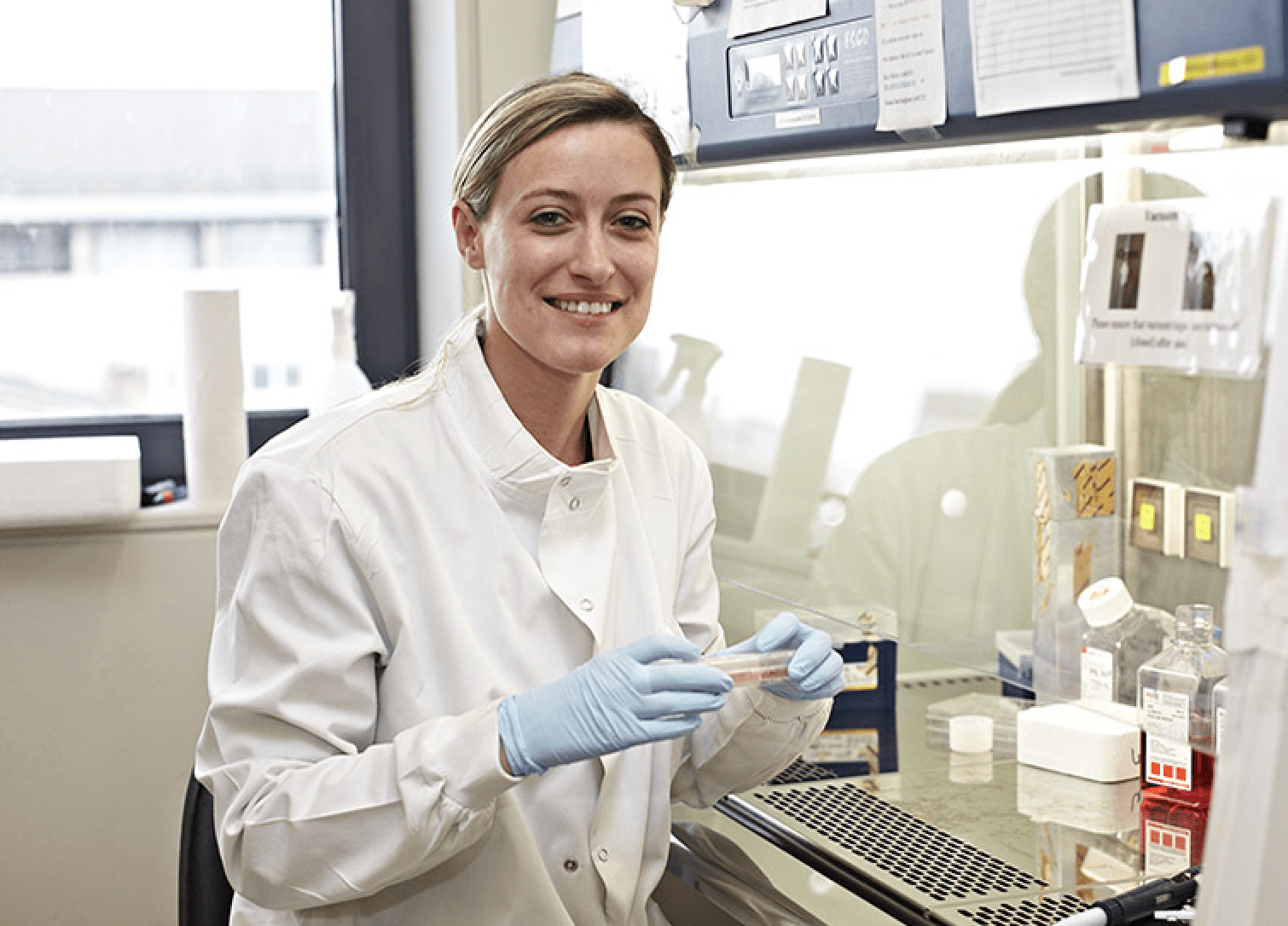A team of UK investigators have been examining a lung cancer tissue biopsy test that they say can predict a patient’s chances of survival with better accuracy than other diagnostics measures. It identifies the disease in its early stages, determining whether it is likely to spread and if chemotherapy drugs will be effective.
These researchers from the University College London Cancer Centre and The Francis Crick Institute published an extensive study on the “ORACLE” test in Nature Cancer on Jan. 9.
This tool is specifically tailored for adenocarcinoma — a common variation of non-small cell lung cancer. It was developed in 2019.
As one quarter of Stage I lung cancer patients who undergo surgery or chemotherapy treatment will have the disease come back, the improved prognosis this test could offer has the potential to be quite beneficial.
The diagnostics measures assesses genes throughout the entire tumour instead of only looking at a small portion of it like other tissue biopsies.
Read more: Breath Diagnostics onboards new president and closes critical financing
Read more: Breath Diagnostics pioneers novel lung cancer breath test
Initial results are positive, more extensive research required
In their “TRACERx” study, funded by Cancer Research UK, the investigators assessed the testing measure’s efficacy in 158 patients.
Based on indications from the data in the records of these patients, they found that it demonstrated an ability to predict patient survival more accurately than current clinical standards like tumour stage. This development received attention from prominent institutions like the Yale School of Medicine and publications such as the American Society of Clinical Oncology (ASCO) Post.
However, they say a more in-depth analysis with a larger cohort is necessary, and will be conducting an additional clinical study to better assess ORACLE’s ability to improve patient survival.
“While more validation is needed, we hope that doctors could one day use ORACLE to help develop a more accurate surveillance schedule, select targeted cancer therapies, and ultimately help patients live longer,” study co-author, Dhruva Biswas, said. Him and his team are encouraged by the results and hope to get the test into clinics as soon as possible.
“If validated in larger cohorts of patients with lung cancer, [physicians] could one day use ORACLE to help make informed treatment decisions, bringing lessons from cancer evolution into the clinic.”
rowan@mugglehead.com













